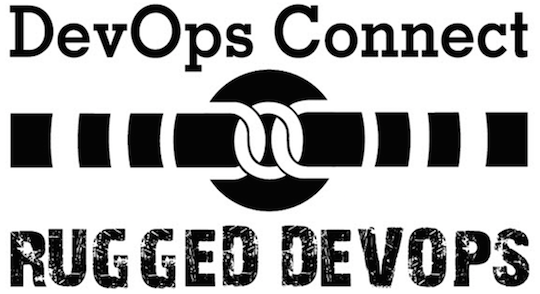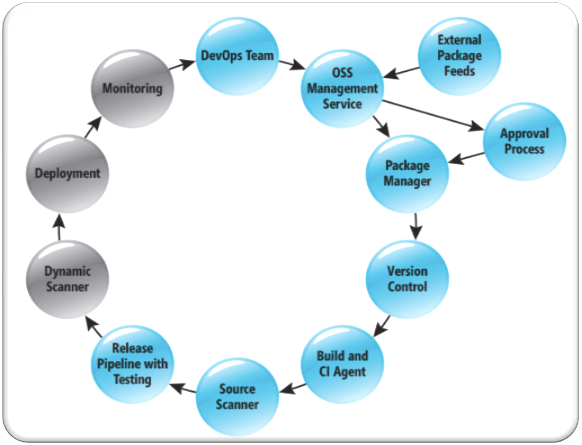This self-paced course will help you prepare for the Azure Developer certification exam AZ-204: Developing Solutions for Microsoft Azure.



Rugged DevOps is an approach to software development that places a priority on ensuring that code is secure at all stages of the software development lifecycle. Rugged DevOps takes the lean thinking and Agile mindset that DevOps embraces and making sure that security is not a post-development consideration. It brings together the notions of DevOps and Security.
Rugged DevOps is often used in software development for cloud environments. It is a set of practices designed to integrate DevOps and security and to meet the goals of both more effectively. The rugged approach requires programmers and operations team members to possess a high degree of security awareness and have the ability to automate testing throughout the software development lifecycle.
The goal of a Rugged DevOps pipeline is to allow development teams to work fast without breaking their project by introducing unwanted vulnerabilities.
Security practices need to be as good and quick at detecting potential security anomalies as other parts of the DevOps pipeline, including infrastructure automation and code development.

DevSecOps is about introducing security earlier in the life cycle of application development, thus minimizing vulnerabilities and bringing security closer to IT and business objectives.
Adding a “rugged” term to DevOps means adding increased confidence, transparency, and a clearer understanding of possible risk possibilities. This is an accelerated approach where safety parameters are practiced at the start of the project and the penetration tests used throughout the development cycle.
In the DevSecOps environment, automated testing is performed throughout the development cycle. Ruggedizing processes means making higher priority security.

This self-paced course will help you prepare for the Azure Developer certification exam AZ-204: Developing Solutions for Microsoft Azure.